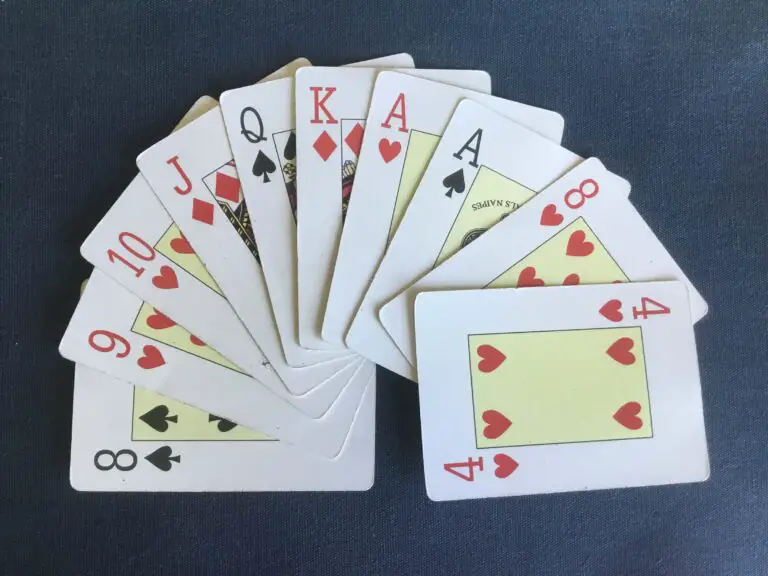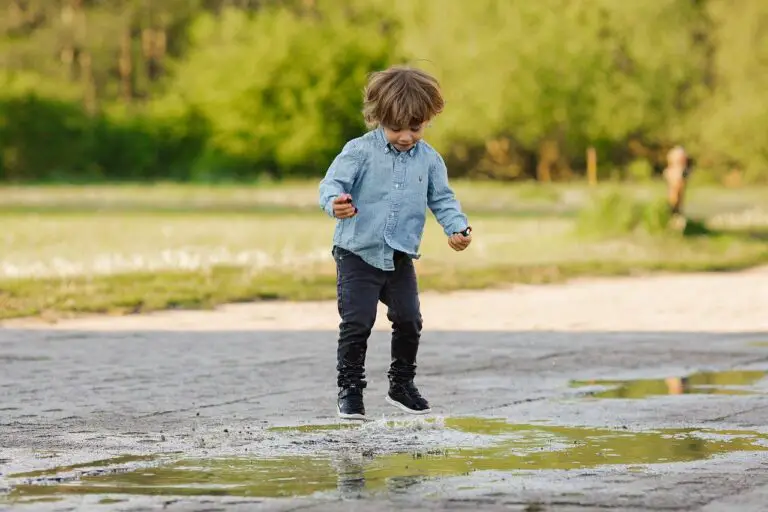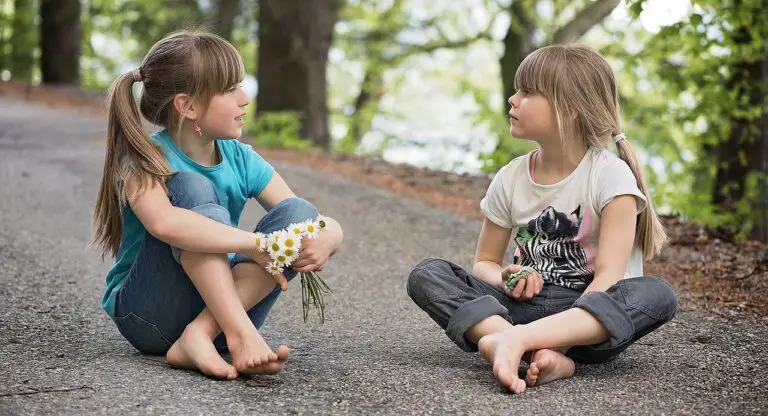Festivals and celebrations are a huge part of culture no matter where you are in the world. Whether it’s enjoying your students’ local traditions or sharing yours with them, it’s a great topic for motivating students to develop their skills.
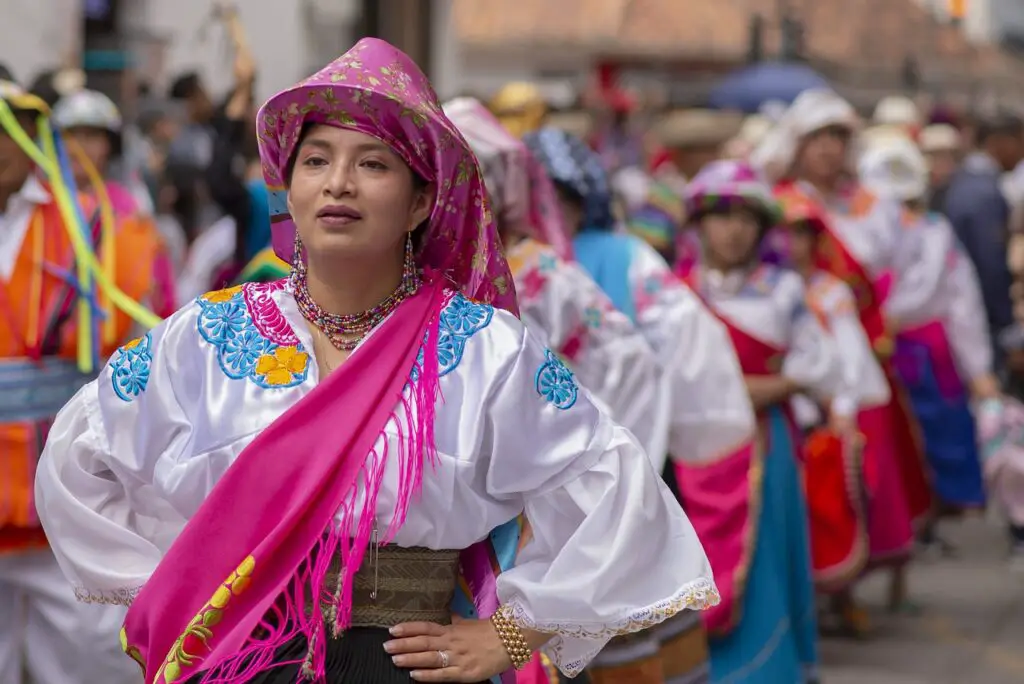
Celebrations are all about having fun. So instead of dragging down the excitement with tedious worksheets, here are 5 engaging and exciting activities you can do.
1. Plan a parade
Lots of festivals involve a parade down the street. Costumes, floats, dance routines, songs… anything can happen on a parade. So why not hold one yourselves?
Obviously this activity isn’t for online classes (unless you’re very creative!) and requires at least some space for the parade to happen. Just a short corridor can be enough.
Get your students to plan a parade. You can make this coincide with a local festival, find one from somewhere around the world, or just invent your own.
Organise the different features of the parade. What clothes do you need? Will people carry something with them? Is there a march or a dance or a song?
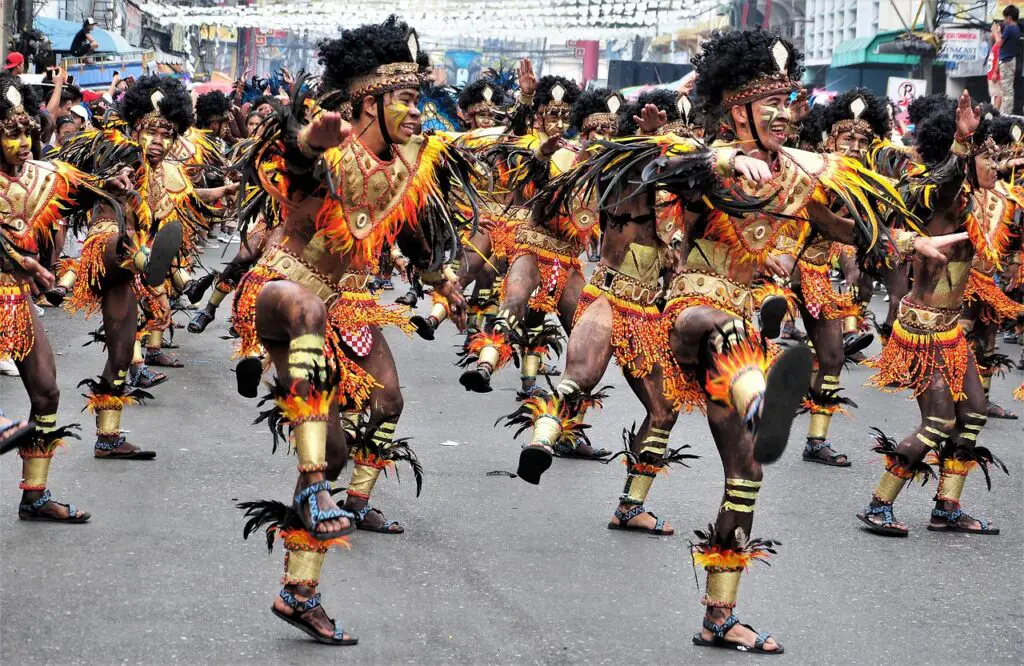
Most of the work comes in the planning. Students will have to learn lots of associated language to communicate their ideas and come up with something meaningful.
With classes of more than 5, split them into groups of 3-4 to plan their own sections of the parade.
It may take several sessions to get everything organised and prepared, especially if students need elaborate costumes and props.
And when it’s all set up, you can enjoy the big celebration!
2. Costume making
If planning a full-blown parade seems a bit much, you can do an arts and crafts activity instead.
This is a great activity with kids. Show them some photos or videos of cool costumes from a parade (Macy’s Thanksgiving Parade is a good place to start).
Then get students to design their own costumes. They can be very similar to what they’ve seen, or their own variations. I recommend one basic costume for everyone that they can adjust and decorate to make it their own.

Remember that English is the focus, so there should be plenty of focus on instructions and materials.
Arts and crafts projects are always a nice option to throw in every now and then. Find out how to get the best out of them by reading this article of mine: How to Use Arts and Crafts in EFL/ESL + 7 easy activities.
3. Festival showcase
In this activity, students research a lesser-known festival and present it to their classmates (or just to you). You can do it online as well as in-person.
Ideally students will work in pairs or small groups. Give them each the choice of the following options, or even let them find one of their own:
- Tomatina festival
- Cooper’s Hill Cheese Rolling and Wake
- Gion Matsuri
- Songkran
- Holi festival
- Mardi Gras
- Oktoberfest (adults only)
- Dia de los Muertos
- International Bathtub Regatta
As a minimum, they should talk about where it takes place, who celebrates, the reason for it happening and what happens.
They can also show images or even bring props, food or costumes to give a more interesting showcase.
4. Festival day
Instead of students researching and presenting individual festivals, you can all focus on one.
This may be a festival important to your culture that you’d like to share, or one you all decide upon together. It should be a festival that is large enough to have plenty of depth, but not so famous that students already know about it.
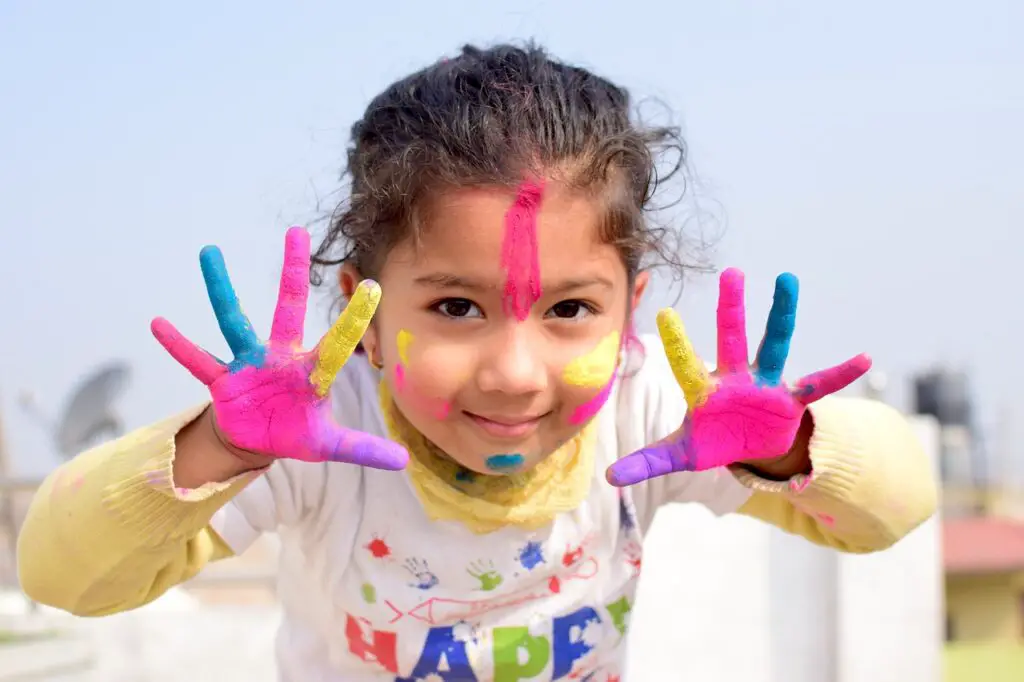
For me, a great example is Guy Fawkes’ night. There’s plenty of history, strange traditions and activities that can take place.
Dedicate a session to the celebration of this festival. You can pre-prepare props, materials and costumes and try to recreate what happens.
It’s a great opportunity for role-play!
5. Celebration role-play scenarios
For more directed speaking practice, role-play scenarios are always a good idea. They develop spontaneous fluency and expression.
Avoid role-play scenarios with absolute beginners and kids under 8, as the maturity level and language requirements are too high. Adults can get a lot out of them if they overcome their shyness.
There’s no script in role play. Students act out a role in a particular scenario and improvise what happens, with the focus on English communication.
To learn more about how to use role play in your class, and why I love it so much, check out this article: Why All EFL/ESL Teachers Should Use Role Play Activities.
Scenarios are best with pairs, but you can put students in a three if needed. Here’s a scenario you can use right now!
In pairs, just assign the roles A and B. For groups of three, add in role C as a supplementary character.
| STUDENT | ROLE |
|---|---|
| A | You are a tourist visiting a town and a festival starts. You don’t know what it is, so you ask a local (Student B) to explain the festival. |
| B | You are celebrating a festival in your town. Explain to a tourist (Student A) what the festival is about. |
| C (optional) | You are celebrating a festival in your town. Explain to a tourist (Student A) why you love the festival. |
You can do this scenario after learning about a particular festival to practise language related to it, OR you can challenge student B to make up a festival on the spot!

Conclusion
Learning about festivals always comes with the desire to take part. That’s why they’re best done in person and as a change in pace form more formal lessons.
Whether it’s a project at the end of term, or a way of incorporating more drama and arts & crafts into your lessons, you can make it a truly memorable experience for your students. And you may learn a thing or two yourself!



